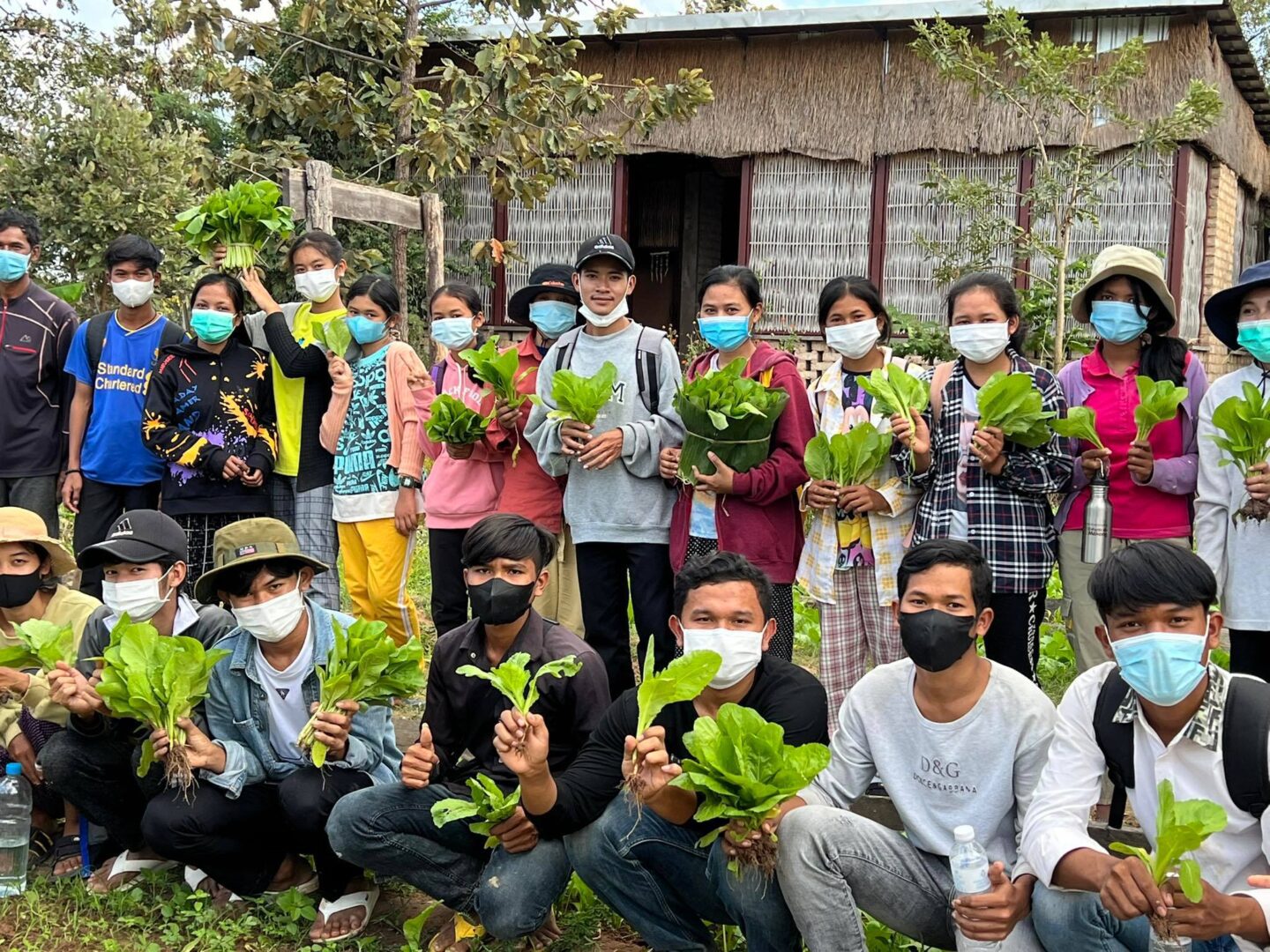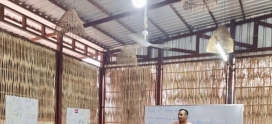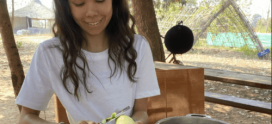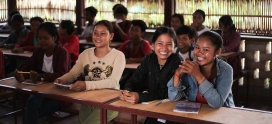COVID-19 Rapid Assessment Process, Analysis and Results
Towards the end of last year, Volunteer Roisin McNamara worked on conducting a COVID community study for Green Shoots. In this blog she and operations manager, Muneezay Jaffery discuss the process and outcomes from the study.
COVID-19 has meant that both Green Shoots and the communities we work in have had to adapt to new challenges. To ensure we continue to meet the needs of the communities we work in, we decided to undertake a rapid assessment through interviews and focus groups. With this exercise, we hoped to understand the challenges faced as well as emerging coping mechanisms. We want to share with you a bit about the process we went through to ensure this was an opportunity for learning and co-design with our local partners, to help us better meet the needs of the community in the future.
Firstly, why a survey and why now?
COVID-19 has been experienced globally, however the impact on the communities we work in has been very context specific. While we could make assumptions about their challenges and needs, we wanted to talk directly to them to understand their needs better. With Cambodia opening up, following an extensive lockdown period that directly impacted our Agri-tech centre the timing seemed right to take stock and see how we can move forward with input from the community.
To ensure our survey was going to meet our needs as well of those of the community, we worked closely with our local partner to co-design, word and carry out the focus groups. The steps we took are as follows:
Research: we utilised desk-based research to build an initial understanding of the context before jumping into drafting questions. One the resources which was helpful was a UNDP study in rural Cambodia.
Design and co-creation: We designed the survey and decided on the participants with the help of our local partner. In this stage we worked closely together to co-create a survey that the community would feel comfortable with. We agreed on the four main themes as follows.
- COVID-19 Information & Local Sentiment
- Home Life
- Food Security & Environment
- Income Sources
Language: We looked closely at how questions were worded to keep participants engaged and prompted for responses. The entire process was carried in Khmer and then translated to English.
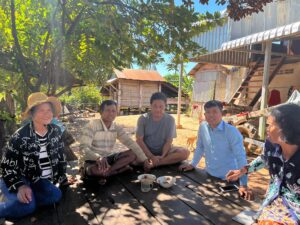
Assessment: We decided to hold one on one interviews with community leaders to better understand the community as a whole. Small focus groups were then used to gather more in-depth, personal responses. The data record and assessment phase was carried out by our local partners.
Considerable time was taken to analyse the results to present the key takeaways we will use going forward.
One of the key findings for us has been that family sizes increased during the last two years as migrant members returned back. Many also reported that they had little or no means to earn income. COVID 19 assistance was only provided to ID poor households. However, many households in rural areas maintained food security. They relied on traditional modes of foraging to survive. One example is the photo below, which shows grilled fish (an excellent protien and nutrient source) that a participant caught in their own rice paddy.
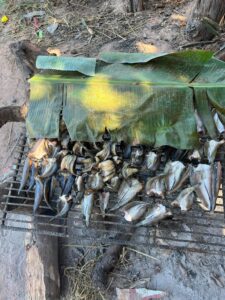
Whilst Green Shoots’ activities at the Agri-Tech centre continue to support local farmers via training and improving means of livelihood. We also want to highlight and celebrate the wealth of knowledge around Wild Foods and innate understanding of ingredients in the wild that exists within communities in rural Cambodia.
You can find the full report on our website here.

